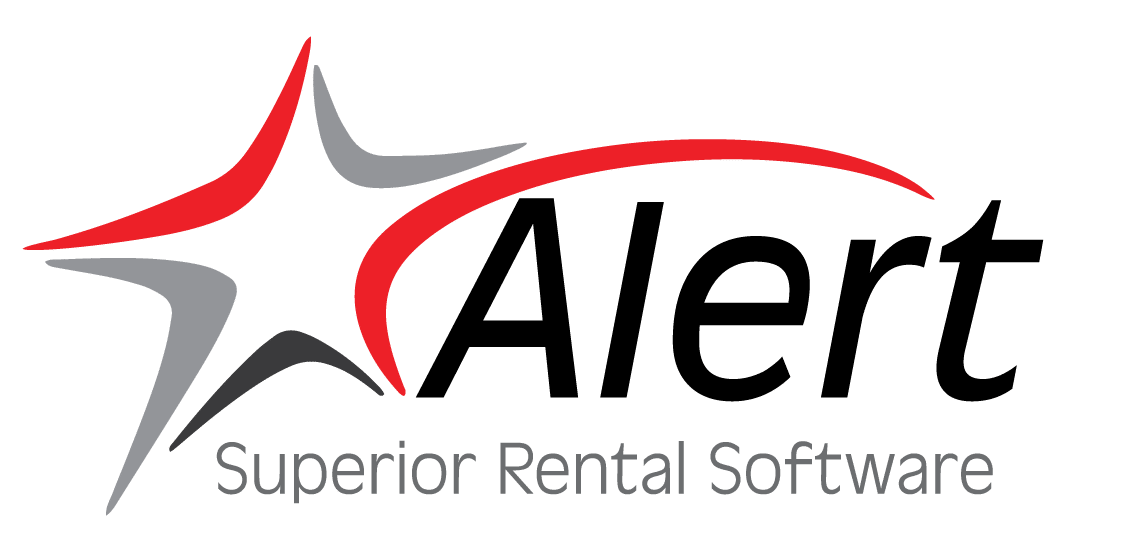Is Your Rental Business Website Pulling Its Weight?
Why your rental business website should be doing the heavy lifting – and how to make sure it is!
Think about the last time you searched for a business online. What words did you type into the search bar? How did you decide which link to click on? And, when you arrived at that website, what did you look for? As a consumer, you know exactly what you need – what you demand – in a website. As a business owner, are you meeting your own demands with a solid rental business website?
If you’re looking to grow your rental business, you must consider your digital presence. Your website is your virtual store front – are the floors clean? Are the lights on? Is someone at the front desk waiting to greet them? Is the site itself easy to find?
But unlike your storefront and your yard, your website is open all the time. Here are some tips to make sure it’s working for – and with – your business. Your web presence can ultimately drive bottom-line results; make sure it’s easy to find, easy to navigate, and gives your customers what they need.

Visibility
Gone are the phone book days when you could name your business “AAA” and expect to be the first one the customers call. In today’s digital age, most people use search engines to find products and services. And if you’ve ever visited Google, you know just how many results it can render.
Google, the most visited website in the world, was visited 83.9 billion times in April 2023 (Similarweb). On average, Google processes 99,000 searches every second. And although we can assume not all of them are searching for the “best equipment rental store near me,” it’s reasonable to assume that someone, somewhere is. So, how do you get them to bring their business to you?
Unless you’re investing money in digital advertising and pay-per-click ads, your best bet line of offense is your website. This is where SEO (Search Engine Optimization) comes in. SEO helps businesses – like yours – rank higher on search engine results pages, making it easier for your future customers to find you.
Designing your website with these search engines in mind will bring you more visibility, more traffic, and, ultimately, more rentals. While search engines pull directly from the copy of your pages, SEO also takes into account the structure, content, and links embedded in your website. Keep this in mind as you write and design (or rewrite and redesign) the content on your website.
Credibility
Once a visitor has arrived on your homepage, what do they see? On average, it takes 50 milliseconds – that’s .05 seconds – for a user to form an opinion about your website. Consider the following:
- Does your website display well on a phone? 63% of Google searches happen from a mobile device (Merkle Inc). Responsive design is not only important for ease of use but also for accessibility.
- How long does it take your website to load? Bottom line: A slower website means lost dollars. Aim for a 1-4 second load time (and check out this resource for tips on improving your site speed).
- Is your website on brand? Use a consistent color scheme, matching fonts, and high-quality images.
- Is it clear? Easy to navigate? Think about what your customers might be doing on your website. Are those menu items and navigation buttons easy to find
- Is your phone number easy to find?
A well-designed, professional-looking website conveys credibility and trustworthiness. It shows that your company is serious about your business and that you are likely committed to providing a high-quality service or product.
When in doubt, think about what you look for – and the snap judgments you make – when you visit a website. Chances are, your future customers are looking for – and making – the same.
Customer Engagement

A good website must also provide a platform for customer engagement and interaction. Features such as contact forms, live chat, and customer reviews not only add to your credibility and the ease of use of your website; they help you build relationships with your future clients.
Perhaps most importantly, any website – every website – must have a call to action. 70% of small business websites lack a clear call to action, and 51% of people report that ‘thorough contact information‘ is the most important element missing from many company website.
Your website is not just a beautifully designed brochure to promote your company. What action do you want your visitors to take? Whatever this action is, it needs to be front and center. Call us. Email us. Explore our catalog. Start your reservation. And, my personal favorite: Add to Cart.
Depending on the software you are using, you may be able to integrate your reservation system directly with your website (psst – with Alert, you can!). Or, if you’re not ready for that, consider adding a request form so customers can let you know what they need and when with just the click of a few buttons. In addition to cutting down on the time your front office staff will spend on the phone, it makes the process easier for your customer.
At the very least, make sure you have the number one piece of information a customer is looking for when they visit your website: Do you have the equipment I need? Use actual images of the equipment and tools in your fleet. Empower customers to explore your catalog – and bonus points for price transparency!
In summary?
Whether you have a robust website or yours is currently under construction, consider enhancing your online presence with pages and content such as contact us (with an inquiry form); an equipment catalog; a gallery and testimonials; promotions and seasonal content; and policies. Make sure your website has a clean, clear design that matches your brand; make sure it’s quick, responsive, and up-to-date.
If it’s built and maintained correctly, your website can be your hardest working employee. After all, the internet never sleeps. Customers expect businesses to have a strong and authentic online presence, and those who don’t may struggle to grow their business in this digital age. By investing in a high-quality website, you can set yourself apart from the competition and grow your business.
Alert can help you with your rental business website!
Check out Alert Web Assistant and see how we can help (whether you’re an Alert client or not)!
The term DE&I (diversity, equity, and inclusion) is more than just a trending topic. Having a DE&I strategy in place has been proven to improve businesses. Yes, even rental businesses!

